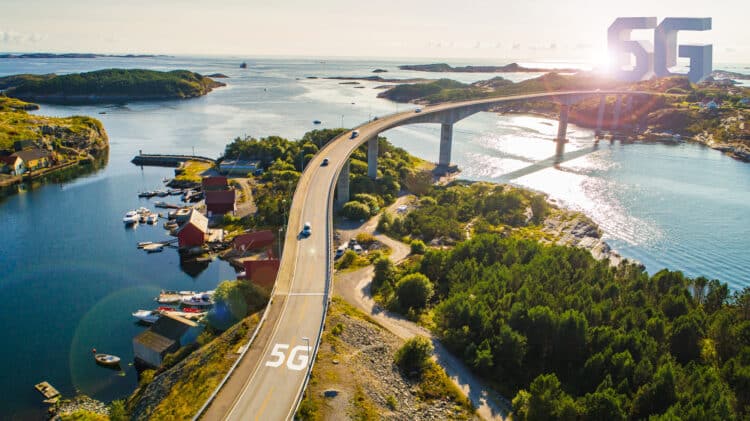
From 5G to 6G: A Gentle Journey, Not a Jolt
Back in 2018, when 5G was just stepping into the limelight, the University of Oulu was already laying the groundwork for the future with its 6G Flagship research programme. Fast forward five years to today, and the landscape of mobile communication is on the cusp of another transformation.
6G aims to create a world where everything, from cats to kettles, could be part of a vast mobile network. For billions across the globe, this new generation is eagerly awaited as their long-anticipated entry into the realm of mobile communication.
6G Flagship Director, Professor Matti Latva-aho, points out a sobering fact: even today, two billion individuals remain disconnected from the mobile world. As our societies lean more into digitisation, this gap becomes even more glaring. Imagine a world where medical devices, like pacemakers, rely on constant connectivity. The stakes are high. As Latva-aho puts it, “If your heart device is online, it needs to stay that way, whether you’re in a bustling city or a remote forest.”
Even today, two billion individuals remain disconnected from the mobile world.
But 6G isn’t just about connectivity. It’s about smart connectivity. The integration of artificial intelligence means that our networks will be more efficient, adaptive, and intuitive. Consider the potential of satellite technology, currently a lifeline in regions like conflict-stricken Ukraine, becoming a standard feature of our network infrastructure.
And while it might seem like 6G is poised to overshadow 5G, Latva-aho offers a different perspective. It’s not about one replacing the other; it’s about evolution. It’s a fluid transition from one generation to the next, marked not by abrupt changes but by gradual enhancements. A case in point is the concept of digital twins. These virtual replicas of physical entities, from machines to processes, are already making waves. With 6G, the scope expands. Imagine sensors capturing real-time data from living organisms, paving the way for innovations like precision agriculture.
As we inch closer to 2026, the year earmarked for the roll-out of new 6G frequencies, there’s a sense of cautious optimism. The challenges are manifold. It’s not just about advancing radio technology; it’s about ensuring that the entire ecosystem, from frequency allocation to energy efficiency, evolves in tandem. Latva-aho’s words serve as a timely reminder: “If our focus on energy efficiency doesn’t keep pace with our hunger for data, we might find ourselves in a world starved of the very electricity that powers our networks.” As we stand on the threshold of the 6G era, it’s clear that the journey ahead, while promising, is peppered with challenges that demand our attention.